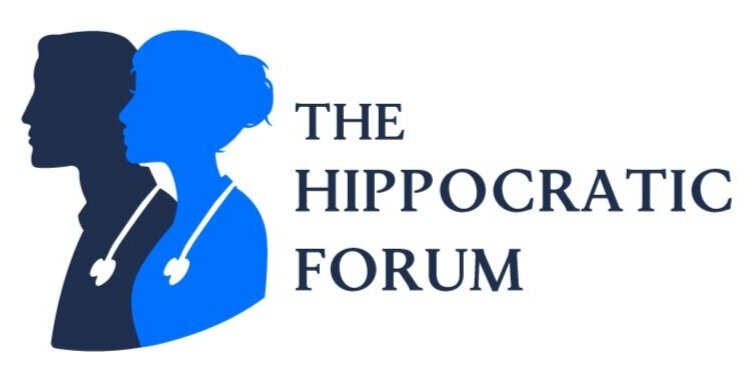Passing the Torch
My favorite day of medical school had nothing to do with neurology, my field of choice.
I was in the trauma bay with an emergency medicine resident when a patient who was stabbed with a knife came in. He was quickly deemed stable, and the crowd of people initially around his bed dissipated. It was a quiet night on the trauma service; my resident could have sutured the patient’s stab wounds in ten minutes and left to go to bed.
Instead, he stayed with me and sacrificed two hours of sleep to teach various suturing techniques and to discuss the steps of a trauma evaluation. He explained arrythmias, crush injuries, and shock. What I didn’t know, he coached kindly and thoughtfully. I ended the shift inspired, wanting to learn more.
So much of how we practice medicine we learn through modeled behavior. As trainees, we spend our time observing and incorporating characteristics from providers who leave a lasting impression. Along the way, we are evaluated on traits that exemplify a good physician.
One of the most prominent frameworks used for such evaluation is the RIME model, which assesses a trainee on their competency as a reporter, interpreter, manager, or educator. During residency, the expectation is to become an educator—the highest clinical role.
Derived from the Latin word educare, the original meaning of educator is two-fold: “one who nourishes or rears” and “one who trains or instructs.” As I have come to discover in my medical training, a master educator is someone who embraces both.
This is in contrast to the practice of teaching by humiliation, well known as “pimping,” which still plagues medical education. Such teachers shame students for knowledge gaps and may leave emotional scars. In this model, attendings may deliver insults such as “get out of my OR” or “you’re not cut out for this job.”
Yet encouragingly, this approach is losing favor as clinician-educators recognize that the goal of medical education is not merely to teach medical facts but also to model behavior on how to interact with team members and patients.
In her interpretation of the Greek philosopher Socrates’ teachings, educator Dr. Lynda George writes, “Great teachers don’t just know the content of the subject(s) they teach but also know how to make learning meaningful and relevant. Great teachers engage, make the uninterested curious, change the minds of those who think they know but don’t, and take the time to enable understanding.”
As an intern, I’m seeking to harness Socrates’ insights as I slowly transition to the educator role. I try to model myself after the best residents I worked with as a medical student. They weren’t the ones who always finished their work on time or knew the answer to every question. The best residents were great teachers, who explained what they knew to their patients, researched what they didn’t know, and invested time in students who worked alongside them.
One experience in particular from my last year of medical school stands out. I worked with a neurology resident who coached me on how to deliver bad news to family members. She taught me to frame the conversation like a procedure: have a mental checklist for each step, make sure there’s a box of tissues, ask what their loved one is like outside the hospital, share the medical information, and leave ample time for questions.
I watched my resident go through these steps. Once I became an intern, it was my turn. I shared this mental checklist with the medical student I was on service with. I then led a family meeting and shared the difficult news with a daughter and son that their mother had sustained irreversible brain damage. The family communicated that the patient enjoyed gardening and crossword puzzles, and that she valued comfort. Because of these values, the family made the difficult decision to transition her to hospice care. Afterwards, the medical student thanked me for letting her be a part of this family meeting—it would stick with her.
As a medical student, I was valued when my residents across different specialties took the time to simply teach. Since then, I’ve seen teaching as an opportunity to share some element of my medical experience with someone else. I’m always eager to accompany medical students to the bedside and share a few pearls when given the opportunity.
This transmission of knowledge takes much longer than if I strictly focused on my intern tasks. However, for me, passing the torch is the most meaningful reward of clinical education: the time invested in one student could impact generations of doctors and their patients.
Painting: Girl with a Burning Torch by Johann Conrad Seekatz (1719-1768)
